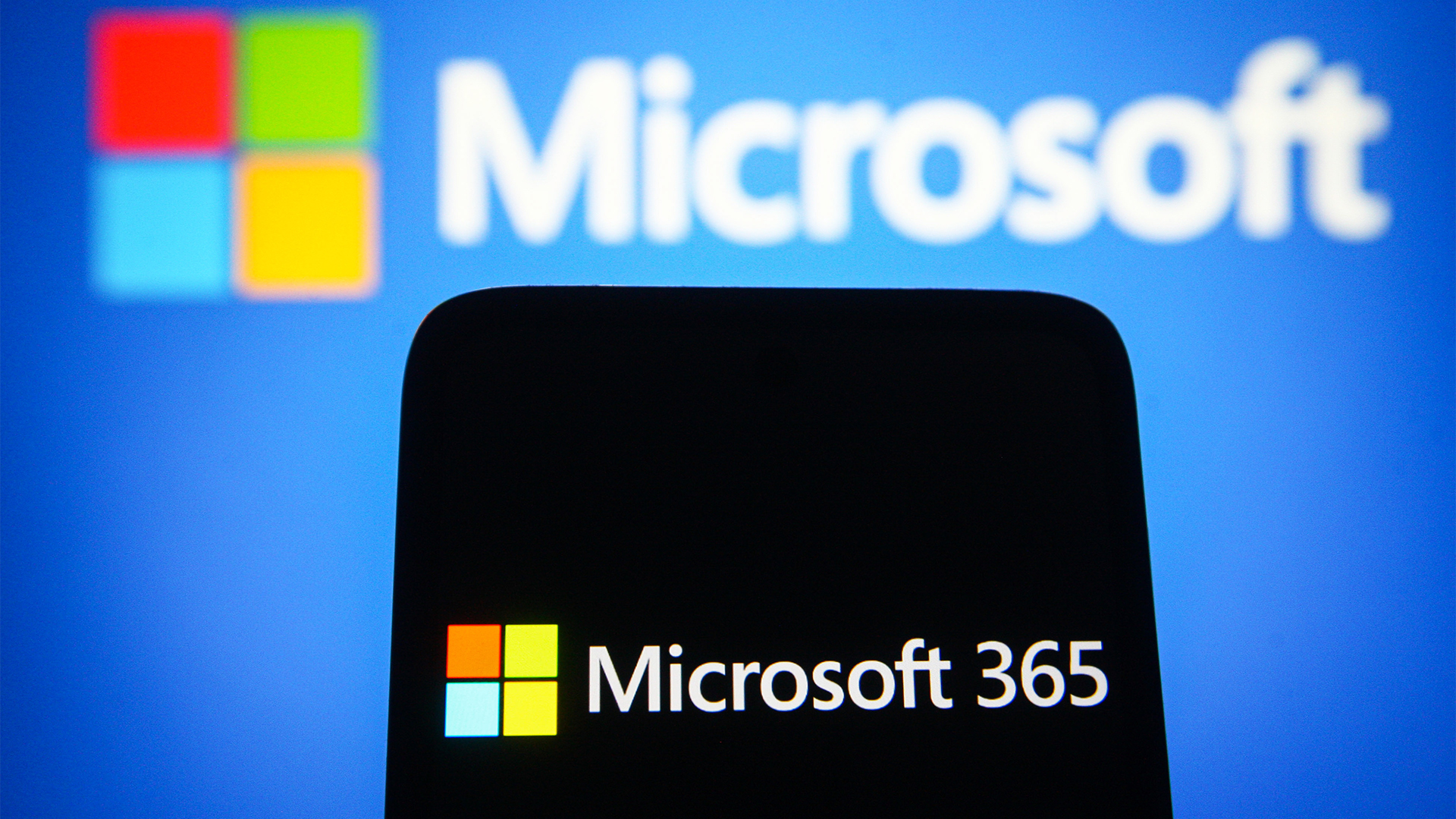One in four servers unpatched for Kaminsky flaw
Organisations and businesses worldwide are still leaving themselves open to DNS vulnerabilities.

Sign up today and you will receive a free copy of our Future Focus 2025 report - the leading guidance on AI, cybersecurity and other IT challenges as per 700+ senior executives
You are now subscribed
Your newsletter sign-up was successful
Research has revealed that one in four servers is unpatched for the Kaminsky vulnerability.
This was according to an Infoblox survey of Domain Name System (DNS) servers, based on a survey of IPv4 address space sampling nearly 80 million addresses.
One in four servers did not perform source port randomisation, the patch' for the Kaminsky flaw. This removes the predictable nature of DNS source ports and replaces it with a randomised selection technique.
The patch was a multi-vendor effort which gave companies like Cisco and Microsoft the chance to fix the problem before attack code was circulated online.
It also required administrators to upgrade their name servers, but it was claimed that 40 per cent had not been upgraded. The research also revealed that only .002 per cent of DNS zones tested supported DNSSEC.
This left servers accepting open recursive queries from any inquirer, which were vulnerable to cache poisoning and Distributed Denial of Service attacks.
Cricket Liu, vice president of architecture at Infoblox, said that it was surprising that many organisations were still leaving themselves open to attack considering the awareness of the Kaminsky vulnerability.
Sign up today and you will receive a free copy of our Future Focus 2025 report - the leading guidance on AI, cybersecurity and other IT challenges as per 700+ senior executives
He said: "Even if an enterprise has gone to the trouble of patching against the Kaminsky vulnerability, there are many other aspects of configuration, like recursion and open zone transfers that should also be secured.
"If not, organisations are essentially locking their door to their house, but leaving the windows wide open."
DNS servers are network infrastructure which maps domain names to IP addresses. Domain name resolution conducted by the servers is needed to perform any internet-related request.
The survey did reveal a bit off good news with the usage of unsecure' Microsoft DNS servers connected to the internet disappearing rapidly. Only 0.17 per cent of the addresses relied on it.
An IT PRO history of the Kaminsky flaw is available here.
-
 Microsoft could be planning to release a new AI bundle for Microsoft 365
Microsoft could be planning to release a new AI bundle for Microsoft 365News A new premium bundle for Microsoft 365 could add AI capabilities to traditional tiers, but rumored pricing could be a sticking point
-
 Meet the Jolla Phone, Europe’s community-developed smartphone aimed at business users
Meet the Jolla Phone, Europe’s community-developed smartphone aimed at business usersNews Pre-orders closed at 10,000 units for the Jolla Phone, which hoped to attract business and public sector users
-
 DNS loophole could allow hackers to carry out “nation-state level spying”
DNS loophole could allow hackers to carry out “nation-state level spying”News Sensitive data could be accessed from corporate networks using vulnerability
-
 What is DMARC and how can it improve your email security?
What is DMARC and how can it improve your email security?In-depth Protect your customers and brand rep with this email authentication protocol for domain spoofing
-
 Cloudflare and Apple launch privacy-focused DNS protocol
Cloudflare and Apple launch privacy-focused DNS protocolNews Oblivious DNS-over-HTTPS safeguards users' browsing habits from third parties
-
 What is DNS?
What is DNS?In-depth We explain what DNS is, how it works, and how outages can be avoided
-
 D-Link routers under siege from months-long DNS hack
D-Link routers under siege from months-long DNS hackNews The attackers are running malicious IPs through a Google Cloud Platform virtual machine
-
 SMBs warned over corrupted SOHO router risk
SMBs warned over corrupted SOHO router riskNews Team Cymru researchers claim 300,000 routers may have had their DNS settings changed by cyber criminals.
-
 Will the FBI close down your online business this March?
Will the FBI close down your online business this March?In-depth In tackling the DNSChanger botnet, the FBI may take a load of businesses offline. Davey Winder is, unsurprisingly, anxious...
-
 DNS Changer botnet smashed in major cyber crime bust
DNS Changer botnet smashed in major cyber crime bustNews A botnet that is thought to have earned its controllers $14 million is dismantled.